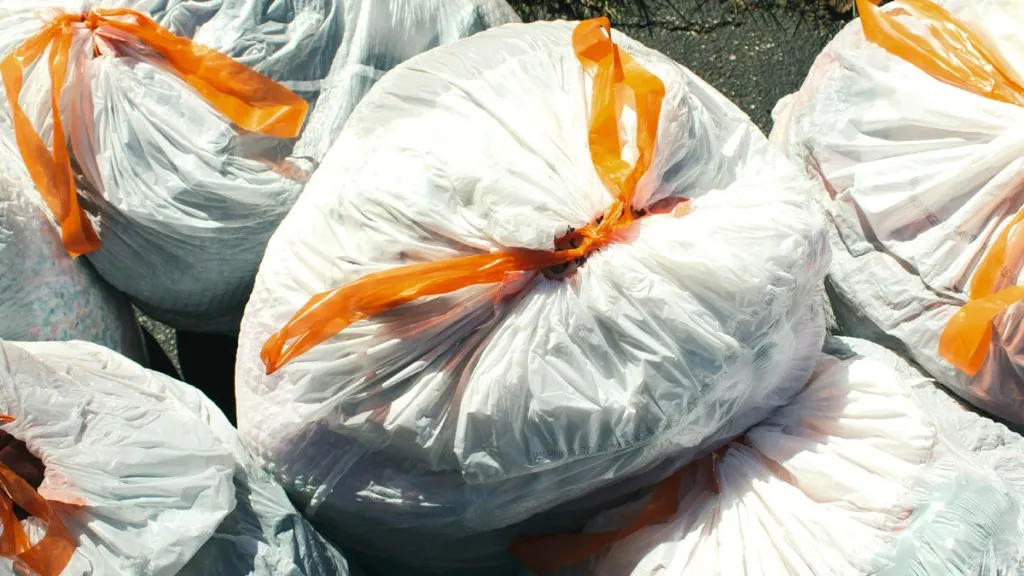Retailers gear up for Christmas, with spending past the ‘low point’
Australian consumers are trickling back into shopping centres, with new data showing a nascent spending recovery is under way before what retailers hope will be a bumper holiday season.

Australian Bureau of Statistics data on Thursday revealed retail spending recovered to the highest level in more than two years in the September quarter, as families digested tax cuts.
You might like
Spending rose 2.3 per cent annually and seasonally adjusted volumes were up 0.5 per cent.
One bright spot was household goods sales, which rose 0.5 per cent after a tough period.
Although data shows most are saving the benefits of lower taxes since July, economists say the billions of extra dollars staying in household budgets is clearly supporting a spending rebound.
“Household spending has passed the low point,” ANZ economist Madeline Dunk said.
“It appears the combined impact of cost-of-living relief, moderating inflation and tax cuts is flowing through to a modest pickup in aggregate spending.”
Indeed APAC economist Callam Pickering said the data is a sign retail spending has “turned the corner”, but that the recovery in consumer spending was likely to be “gradual”.
He explained that while many lower-income households are still struggling with torrid cost-of-living pressures, other households – particularly home owners without mortgages – are benefiting from more disposable income.
“If household budgets were incredibly tight you would expect them to be pulling back on some of those biggest household goods-type purchases,” Pickering said.
Westpac analysis published on Thursday shows real per capita consumer spending has reversed a decline seen earlier this year and has begun to grow again.
That suggests a typical household is buying more goods and services than they were earlier this year, even accounting for the role higher inflation has played in increasing spending in dollars.
“The consumer mood has become considerably less bleak,” Westpac’s head of Australian macroeconomic forecasting Matthew Hassan said.
Retailers gearing up for Christmas
ARA chief Paul Zahra said retailers are already gearing up for Christmas, with consumers having “already commenced” their holiday shopping in a bid to find bargains and spread out purchases.
“We know this year more people will be shopping even earlier, planning to complete their gift purchases at the legendary Black Friday and Cyber Monday period – which is why many retailers are eagerly anticipating the back end of next month,” he said.
But economists are stressing that any consumer recovery that is under way is still in its early stages, with stubborn services inflation and high interest rates still weighing on family budgets.
Early stages
The prospect for an interest rate cut before Christmas has also been dashed this week, likely delaying any further financial support for struggling mortgage holders until some time next year.
“It may not be smooth sailing from here,” Hassan said.
“There is still significant uncertainty around the path of inflation and other aspects of the economy.”
Westpac’s analysis predicts the recovery in household spending will be “a slow one”, with consumer sentiment still far below long-run averages heading into the Christmas rush.
“Despite some more promising signs, the consumer recovery still has a long way to go,” Hassan said.
Commonwealth Bank senior economist Stephen Woo said the 0.1 per cent monthly rise in retail trade over the September quarter actually “does not suggest” a material uplift in consumer spending arose from the stage-three tax cuts.
“Monthly retail figures have been volatile of late, but … the trend figures show that spending since May have been tracking around 0.3 per cent [a month] … with no discernible increase post the income tax cuts,” Wu said.




